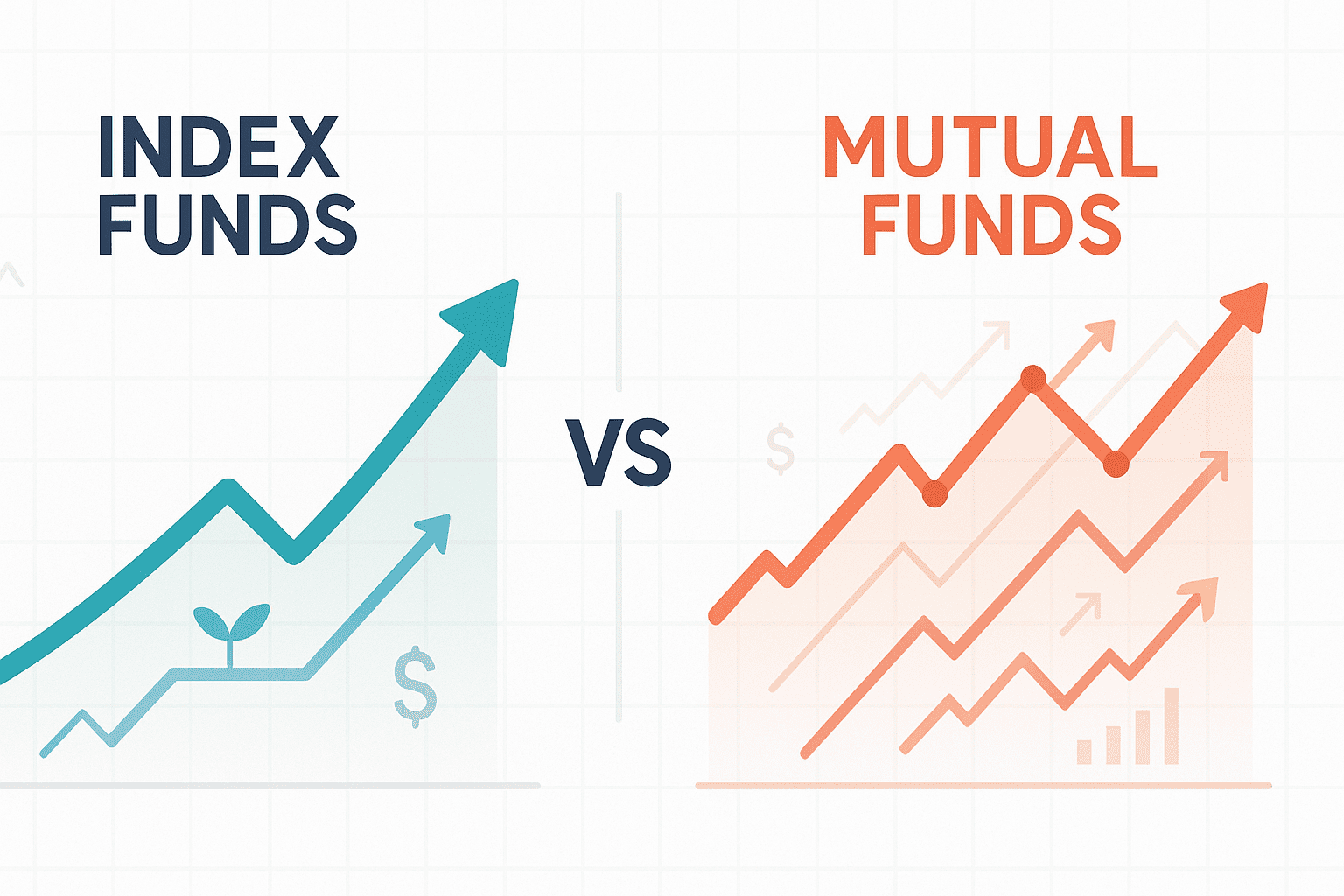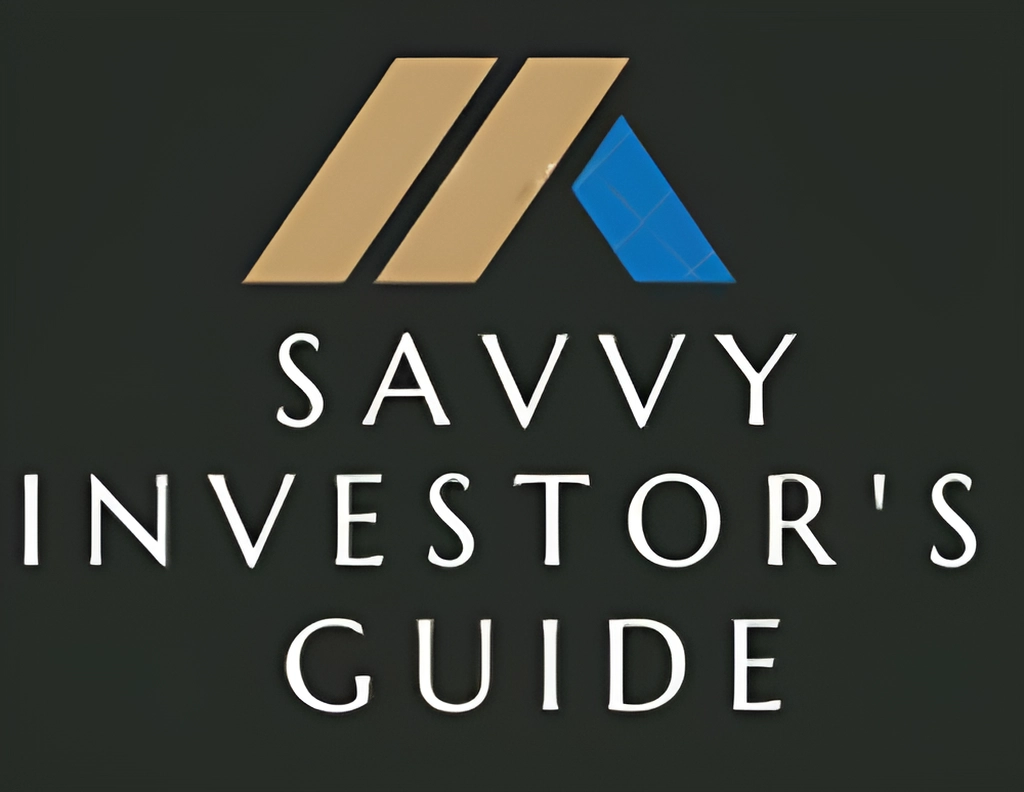Important Disclaimers
Not Financial Advice: This article is for educational and informational purposes only and should not be considered financial, investment, or legal advice. We are not registered investment advisors. Please consult with a qualified financial advisor before making any investment decisions. Past performance does not guarantee future results.
Affiliate Disclosure: Savvy Investor Guide may earn commissions if you open accounts through some of the brokerage links mentioned in this article. We only recommend platforms we believe provide genuine value to our readers. Our recommendations are based on objective analysis, not commission rates. You will never pay more by using our links.
Accuracy: While we strive for accuracy, financial products, fees, and regulations change frequently. All information was accurate as of the publication date (October 2025). Please verify current details directly with service providers before making decisions.
You’re ready to start investing. You’ve heard about index funds and mutual funds. But which one should you choose?
Here’s the frustrating part: Most investment advice throws around terms like “expense ratios” and “active management” without explaining what any of it means for your actual money.
The truth? The choice between index funds and mutual funds could cost you tens of thousands of dollars over your investing lifetime. But it’s not as complicated as the financial industry wants you to think.
🎯 Quick Answer
For 95% of investors, index funds win. They cost less (average 0.05% vs. 0.82% for mutual funds), match or beat actively managed funds 90% of the time over 15 years, and require zero expertise to use.
That said, some mutual funds make sense in specific situations. This guide shows you exactly when to choose each option.
📋 What You’ll Learn
What Are Index Funds and Mutual Funds?
Let’s cut through the jargon. Both are ways to invest in multiple stocks or bonds at once. But they work differently.
Index Funds: The Autopilot Approach
An index fund is a basket of investments that tracks a specific market index. Think of it like buying a tiny piece of every company in the S&P 500 with a single purchase.
How it works: The fund automatically buys what’s in the index. No human tries to pick winners. When Apple grows, your fund grows. When the S&P 500 grows, you grow.
Mutual Funds: The Active Management Approach
A mutual fund has a team of managers who actively pick stocks they think will beat the market. They research companies, attend meetings, and make decisions about what to buy and sell.
How it works: Fund managers get paid to outsmart the market. They try to find undervalued stocks and avoid overvalued ones. Sometimes they succeed. Usually they don’t.
The 5 Critical Differences That Matter
| Factor | Index Funds | Mutual Funds |
|---|---|---|
| Management Style | Passive (follows index) | Active (managers pick stocks) |
| Average Cost | 0.05% per year | 0.82% per year |
| Minimum Investment | $1 (with fractional shares) | $500-$3,000 typical |
| Trading | Anytime during market hours | Once daily at market close |
| Tax Efficiency | More efficient (less trading) | Less efficient (more trading) |
| Transparency | You always know what you own | Holdings disclosed quarterly |
| 15-Year Beat Rate | 90% beat active funds | 10% beat index funds |
Cost Comparison: See Your Real Numbers
The cost difference sounds small. But over time, it’s massive. Use this calculator to see what fees actually cost you.
💰 Index Fund vs. Mutual Fund Cost Calculator
💎 By choosing index funds, you’d have:
more in your pocket
Performance Reality Check: What the Data Shows
You might think expert fund managers would beat a simple index. They don’t.
Here’s what S&P’s SPIVA report shows:
- 1 Year: 60% of active funds underperform their benchmark
- 5 Years: 80% of active funds underperform
- 15 Years: 90% of active funds underperform
Even the SEC acknowledges that “costs matter” and that low-cost index funds often outperform higher-cost actively managed funds.
But What About Star Managers?
Some fund managers do beat the market. The problem? You can’t identify them in advance.
Warren Buffett famously bet $1 million that an index fund would beat a hedge fund over 10 years. The index fund won by a landslide. His advice? “Put 10% of the cash in short-term government bonds and 90% in a very low-cost S&P 500 index fund.”
Read Buffett’s Full LetterWhen to Choose Index Funds (Most People)
Index funds make sense for almost everyone. Here’s when they’re your best choice:
✅ You’re Building Long-Term Wealth
If you’re investing for retirement, a house, or your kids’ education, index funds win. The cost savings compound over decades. A 30-year-old investing $500 monthly until retirement would have roughly $100,000 more with index funds than mutual funds.
✅ You Want Simplicity
No research required. No wondering if your fund manager is losing their touch. Buy a total market index fund and forget it. Check back in 30 years.
✅ You Value Tax Efficiency
Index funds trade less, which means fewer taxable events. In a taxable account, this matters. You keep more of your gains.
✅ You Don’t Want to Pay High Fees
Why pay 0.82% when 0.05% gets you better results? The math is clear. Lower costs = more money for you.
Vanguard
Home of the first index fund. Rock-bottom fees. Trusted by millions.
Best For: Buy-and-hold investors
Minimums: $1,000 for mutual funds, $1 for ETFs
Open Vanguard AccountFidelity
Zero-fee index funds. Great mobile app. Excellent education.
Best For: New investors
Minimums: $0 for most funds
Open Fidelity AccountSchwab
Cutting-edge platform. Great customer service. Strong research tools.
Best For: Tech-savvy investors
Minimums: $1 for most ETFs
Open Schwab AccountWhen to Choose Mutual Funds (Rare Cases)
There are legitimate reasons to pick a mutual fund. They’re just rare.
🎯 You Have Access to Exceptional Funds
Some 401(k) plans offer institutional share classes with low fees (0.30% or less). If you’re getting a mutual fund for the price of an index fund, and your employer matches contributions, that could work.
🎯 You Need Specialty Exposure
Want to invest in small Brazilian biotech companies? There’s probably no index fund for that. A specialized mutual fund might be your only option. But this should be a small part of your portfolio.
🎯 You’re a Professional Investor
If you have the knowledge to pick winning fund managers consistently (almost no one does), and you’re willing to monitor performance closely, maybe active funds make sense. But be honest about your expertise.
How to Get Started Today
Ready to invest? Here’s your step-by-step action plan.
Step 1: Open the Right Account
For most people, this means:
- 401(k) at work: Get the employer match first (free money)
- Roth IRA: If you’re eligible, this is gold for tax-free growth
- Traditional IRA: Tax deduction now, pay taxes later
- Taxable brokerage: For money you might need before retirement
Open accounts at Vanguard, Fidelity, or Schwab. All three are excellent.
Step 2: Choose Your Index Funds
Start simple. Three funds cover everything:
- U.S. Total Stock Market (60-70% of portfolio)
- Vanguard: VTSAX or VTI
- Fidelity: FSKAX or ITOT
- Schwab: SWTSX or SCHB
- International Stock Market (20-30% of portfolio)
- Vanguard: VTIAX or VXUS
- Fidelity: FTIHX or IXUS
- Schwab: SWISX or SCHF
- U.S. Bond Market (10-20% of portfolio)
- Vanguard: VBTLX or BND
- Fidelity: FXNAX or AGG
- Schwab: SWAGX or SCHZ
Step 3: Set Up Automatic Investing
The secret to building wealth isn’t picking the perfect fund. It’s investing consistently. Set up automatic transfers from your checking account to your investment account.
Start with whatever you can afford. $100 per month beats $0 per month.
Step 4: Ignore the Noise
The market will crash. Headlines will scream. Your coworker will brag about their hot stock pick. Ignore it all.
Check your accounts once per quarter. Rebalance once per year. Otherwise, live your life.
Learn More: Three-Fund PortfolioThe Bottom Line: Index Funds Win for Most Investors
The evidence is overwhelming. Index funds give you:
- Lower costs (save $100,000+ over a lifetime)
- Better performance (beat 90% of active funds over 15 years)
- Simplicity (no research or manager-picking required)
- Tax efficiency (fewer taxable events)
- Transparency (always know what you own)
Mutual funds made sense before index funds existed. Now they’re an expensive relic for most investors.
🚀 Your Next Step
Don’t let analysis paralysis stop you. Pick one brokerage. Open one account. Buy one index fund. Start today.
The best time to start investing was 20 years ago. The second best time is right now.
Frequently Asked Questions
Not necessarily. Both index funds and mutual funds can invest in the same types of assets (stocks, bonds, etc.), so they carry similar market risk. The difference is in cost and management style, not safety.
However, index funds tend to be more predictable because they track a known index. You won’t get surprised by a fund manager making a bad bet.
Yes. Index funds go down when the market goes down. If the S&P 500 drops 20%, your S&P 500 index fund drops 20%.
But history shows the market recovers. The S&P 500 has averaged about 10% annual returns over the past 90+ years, including crashes. The key is staying invested through the ups and downs.
Both can be index funds. The difference is how they trade:
- Index Mutual Fund: Bought once daily after market close, often requires a minimum investment ($1,000+)
- Index ETF: Trades like a stock throughout the day, can buy fractional shares for $1 at most brokerages
For most investors, ETFs are more flexible. But the choice barely matters if you’re buying and holding.
It depends on the interest rate:
- High-interest debt (credit cards, personal loans over 7%): Pay this off first. No investment reliably beats 15-20% interest.
- Moderate debt (student loans 4-7%): Split your money. Pay some debt, invest some.
- Low-interest debt (mortgage under 4%): Invest while paying minimums. Your returns should beat the interest.
Always get your employer 401(k) match first though. That’s a guaranteed 50-100% return.
At Fidelity and Schwab, you can start with as little as $1 by buying fractional shares of ETFs.
Vanguard requires $1,000 for most mutual funds, but just $1 for their ETFs if you use fractional shares.
Bottom line: Don’t wait. Start with whatever you have. $50 invested today beats $1,000 invested next year.
No. Index fund investing is intentionally simple. Open an account, choose a fund (or target-date fund), set up automatic contributions. Done.
That said, a fee-only fiduciary advisor can help with tax planning, estate planning, and overall financial strategy. Just don’t pay someone to pick index funds for you. You can do that yourself in 10 minutes.
For extreme simplicity, buy a target-date fund matching your expected retirement year. Examples:
- Vanguard Target Retirement 2060 (VTTSX)
- Fidelity Freedom Index 2060 (FDKLX)
- Schwab Target 2060 Index (SWYNX)
These funds automatically own stocks, bonds, and international investments in the right proportions. They rebalance themselves as you age. You literally never need to do anything except keep contributing.
Three reasons:
- Commissions: They earn more selling you actively managed funds
- Relationships: They have partnerships with specific fund companies
- Outdated knowledge: They learned investing before index funds dominated
Always ask: “Are you a fiduciary?” Fiduciaries must act in your best interest by law. Commission-based advisors don’t have this requirement.
📚 Keep Learning
Want to dive deeper into smart investing strategies? Check out these guides:

